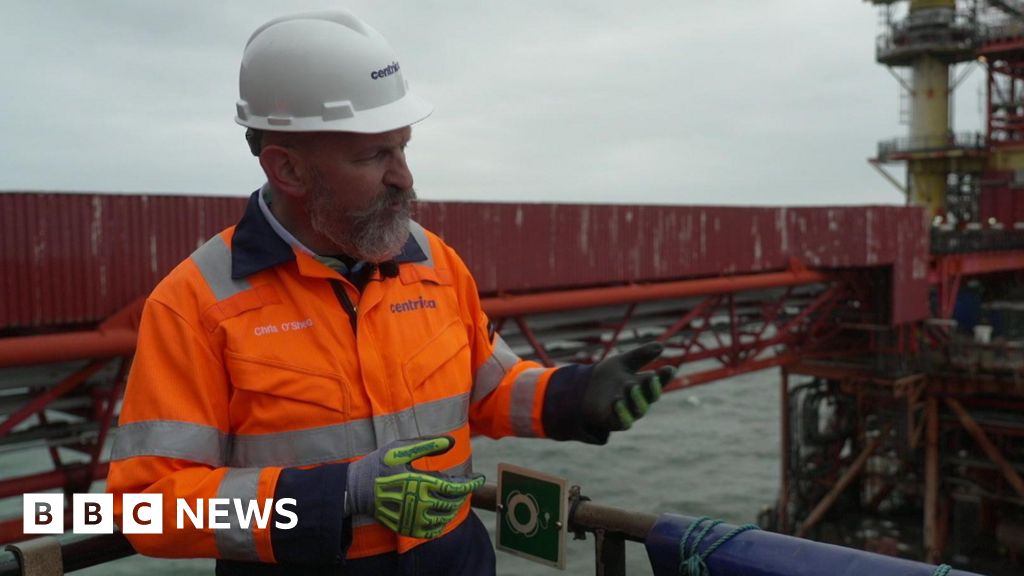ARTICLE AD BOX
Watch: 'She says that she's going to be a doctor and help people like Daddy'
Technology entrepreneur Nick Hungerford, whose daughter inspired him to set up a charity to support bereaved children, has died at the age of 43.
Mr Hungerford, who had terminal bone cancer, set up Elizabeth's Smile, which is named after his two-year-old daughter.
The charity said on its website that it was "deeply saddened" to share the news of its founder's death.
"Nick's smile will inspire, always," the charity said.
Mr Hungerford co-founded the investment platform Nutmeg in 2011. The idea was famously rejected 45 times in a row by funders, but the business was bought by JP Morgan in 2021 for a reported £700m.
He was first diagnosed with Ewing sarcoma, a rare form of bone cancer in 2019 when he felt a pain in his right thigh, and had an operation to remove his femur.
But at the end of 2021, the cancer returned and he revealed two weeks ago in The Telegraph that he had two or three months left to live.
Nutmeg said in a statement that Mr Hungerford was one of Britain's "most successful fintech entrepreneurs".
"Nick was passionate about helping empower people to achieve their full potential," the company said.
"We are incredibly proud of the journey Nick started."
'Opportunity to reflect on life'
Announcing Mr Hungerford's passing, Elizabeth's Smile said he died on 6 July.
"We are deeply saddened to share the news of Nick's death. In loving memory of our founder, our work to make sure grieving children reach their full potential continues," the charity said.
He told the BBC on 30 June that he had had the "opportunity to reflect on life in a way that so many people don't get to do", and that he felt there was a "real lack of understanding" of the impact on children of losing a parent.
"I don't want to compare it to business problems, but it was like seeing a huge gap in the market," he said, adding that he found it unacceptable that his daughter and other children should have to live with the emotional impact of bereaved parents.
His charity Elizabeth's Smile is focusing on building up knowledge with researchers and clinicians around the world about the impact on a child of losing a parent.
Mr Hungerford said the research would contribute towards developing products for the second part of the charity, the Smile Network, which already has a series of books guiding those around bereaved children on how to deal with parental loss.
It will also help connect bereaved children to a network that has been set up by a parent, so that when the parent dies, the child can continue to receive advice and guidance around things like which university to go to, or where to work.
Mr Hungerford said that his daughter Elizabeth had been "very, very brave" and wanted "to be a doctor so she can help people like Daddy".
He said he had set up an artificial intelligence website with videos of himself answering hundreds of personal questions, so that his daughter would be able to log on and "talk" to him.
"She will have pictures, stories and access to my network of friends, so she will be able to build up a full picture of me," he said.

 1 year ago
76
1 year ago
76








 English (US) ·
English (US) ·